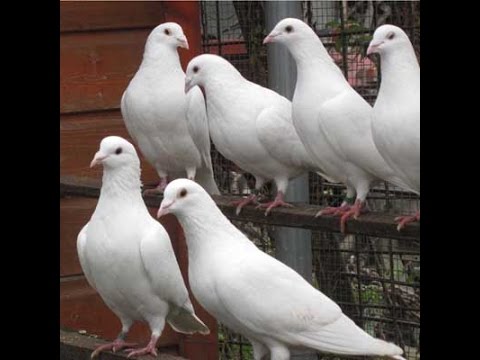
Breaking News
 Private Equity Plan to Steal Your Home.
Private Equity Plan to Steal Your Home.
 Comfy custom-fit saddle is 3D-printed according to data from your butt
Comfy custom-fit saddle is 3D-printed according to data from your butt
 WHO and EU Launch AI System To Monitor Social Media And Online "Misinformation" In Real T
WHO and EU Launch AI System To Monitor Social Media And Online "Misinformation" In Real T
 Why 'Mirror Life' Is Causing Some Genetic Scientists To Freak Out
Why 'Mirror Life' Is Causing Some Genetic Scientists To Freak Out
Top Tech News
 Future of Satellite of Direct to Cellphone
Future of Satellite of Direct to Cellphone
 Amazon goes nuclear with new modular reactor plant
Amazon goes nuclear with new modular reactor plant
 China Is Making 800-Mile EV Batteries. Here's Why America Can't Have Them
China Is Making 800-Mile EV Batteries. Here's Why America Can't Have Them
 China Innovates: Transforming Sand into Paper
China Innovates: Transforming Sand into Paper
 Millions Of America's Teens Are Being Seduced By AI Chatbots
Millions Of America's Teens Are Being Seduced By AI Chatbots
 Transhumanist Scientists Create Embryos From Skin Cells And Sperm
Transhumanist Scientists Create Embryos From Skin Cells And Sperm
 You've Never Seen Tech Like This
You've Never Seen Tech Like This
 Sodium-ion battery breakthrough: CATL's latest innovation allows for 300 mile EVs
Sodium-ion battery breakthrough: CATL's latest innovation allows for 300 mile EVs
 Defending Against Strained Grids, Army To Power US Bases With Micro-Nuke Reactors
Defending Against Strained Grids, Army To Power US Bases With Micro-Nuke Reactors
Homing pigeons share our human ability to build knowledge across generations

The ability to gather, pass on and improve on knowledge over generations is known as cumulative culture. Until now humans and, arguably some other primates, were the only species thought to be capable of it.
Homing pigeons may share the human capacity to build on the knowledge of others, improving their navigational efficiency over time, a new Oxford University study has found.
The ability to gather, pass on and improve on knowledge over generations is known as cumulative culture. Until now humans and, arguably some other primates, were the only species thought to be capable of it.
Takao Sasaki and Dora Biro, Research Associates in the Department of Zoology at Oxford University, conducted a study testing whether homing pigeons can gradually improve their flight paths, over time. They removed and replaced individuals in pairs of birds that were given a specific navigational task. Ten chains of birds were released from the same site and generational succession was simulated with the continuous replacement of birds familiar with the route with inexperienced birds who had never flown the course before.

 SpaceX Heat Shield and Starship Mass Production
SpaceX Heat Shield and Starship Mass Production

